Essential Oils for Hair Care: Benefits and Usage | |
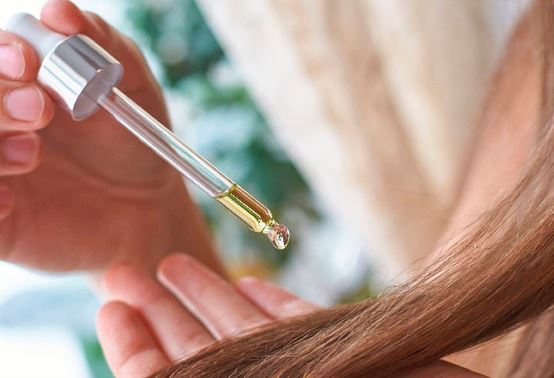
| |
Essential oils have been used for centuries in various cultures for their therapeutic properties and aromatic benefits. When it comes to hair care, essential oils can be valuable additions to your routine. These potent plant extracts offer a wide range of benefits, from promoting hair growth to nourishing the scalp. In this article, we will explore the benefits of essential oils for hair care and provide guidance on their safe and effective usage. 1. What Are Essential Oils?Essential oils are highly concentrated plant extracts obtained from various parts of plants, such as flowers, leaves, stems, and roots. They capture the natural aromatic compounds and therapeutic properties of the plants from which they are derived. Essential oils are typically used in aromatherapy, skincare, and hair care due to their potential benefits. 2. Benefits of Essential Oils for Hair CareEssential oils offer numerous benefits for hair health and can address various concerns, including hair loss, dryness, dandruff, and scalp inflammation. Some of the key benefits of essential oils for hair care include:
3. Tea Tree OilTea tree oil is known for its antimicrobial properties, making it an excellent choice for addressing dandruff and scalp conditions. It helps to soothe itching and reduce flakiness, promoting a healthier scalp environment. 4. Lavender OilLavender oil is prized for its calming and soothing effects. It can help reduce stress and anxiety, which can contribute to hair loss. Additionally, lavender oil has been linked to promoting hair growth and improving scalp health. 5. Rosemary OilRosemary oil is commonly used for its ability to stimulate hair growth and improve circulation to the scalp. It also has antioxidant properties that can help protect the hair follicles from damage. 6. Peppermint OilPeppermint oil provides a refreshing and cooling sensation when applied to the scalp. It helps to stimulate blood circulation, promoting hair growth and reducing scalp inflammation. Peppermint oil can also provide a natural solution for addressing itchiness and dandruff. 7. Cedarwood OilCedarwood oil has been traditionally used to help treat hair loss and thinning hair. It may help promote hair growth by stimulating the hair follicles and increasing circulation to the scalp. 8. Chamomile OilChamomile oil is known for its soothing properties and can be beneficial for individuals with a sensitive or inflamed scalp. It can help reduce scalp irritation and provide a calming effect. 9. Ylang Ylang OilYlang ylang oil has a pleasant floral scent and is often used in hair care products. It can help balance scalp oil production, making it beneficial for individuals with oily scalps. Ylang ylang oil also promotes a healthy scalp environment for hair growth. 10. Safe Usage and Dilution GuidelinesWhen using essential oils for hair care, it is important to dilute them properly to avoid skin irritation or allergic reactions. Essential oils should be mixed with carrier oils, such as coconut oil or jojoba oil, before applying to the scalp or hair. A general guideline is to use 2-3 drops of essential oil per tablespoon of carrier oil. Conduct a patch test before using any new essential oil to check for any adverse reactions. ConclusionIncorporating essential oils into your hair care routine can provide numerous benefits, from promoting hair growth to nourishing the scalp. However, it is important to use them safely and properly diluted. Each essential oil offers its own unique properties and benefits, so you can choose the ones that align with your specific hair care needs. Experiment and find the essential oils that work best for you, and enjoy the natural goodness they bring to your hair care regimen. FAQs (Frequently Asked Questions)
| |
| Category: Hair Care | |
| Total comments: 0 | |
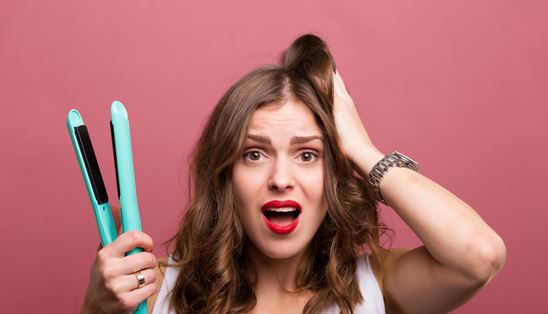 |
| How to Protect Your Hair from Heat Damage |
 |
| The rise of gender-neutral and inclusive fashion |
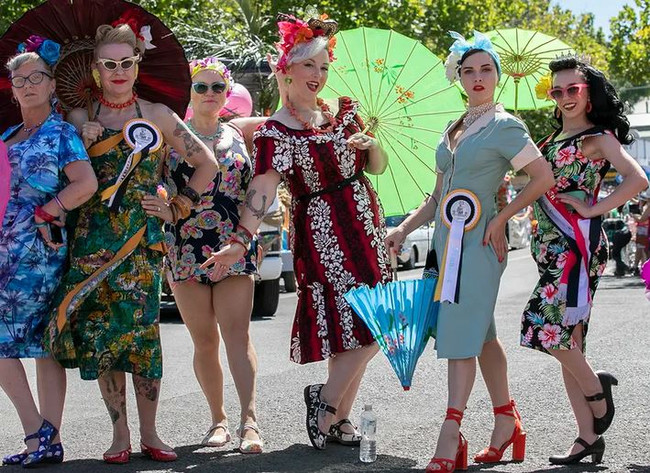 |
| How to incorporate vintage pieces into modern outfits |
 |
| Achieving the Perfect Cat Eye with Gel Eyeliner |
 |
| How to create a stylish and functional workspace |
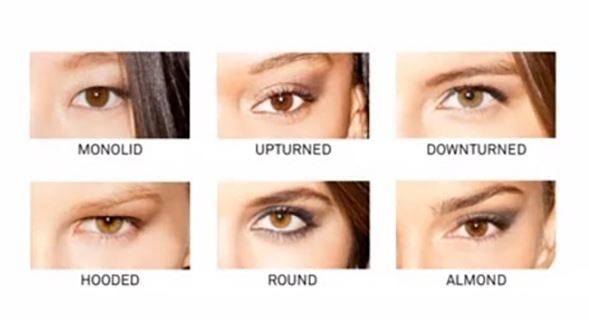 |
| How to Choose the Right Eyeliner for Your Eye Shape |
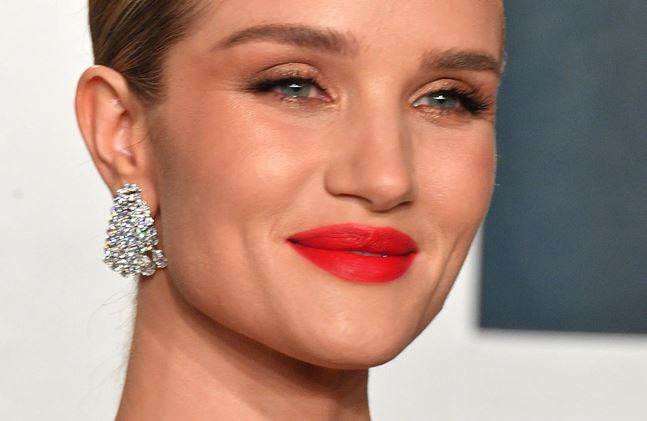 |
| How to Create a Glamorous Red Carpet Makeup Look |
 |
| Top 5 Must-Have Accessories for Effortless Style |
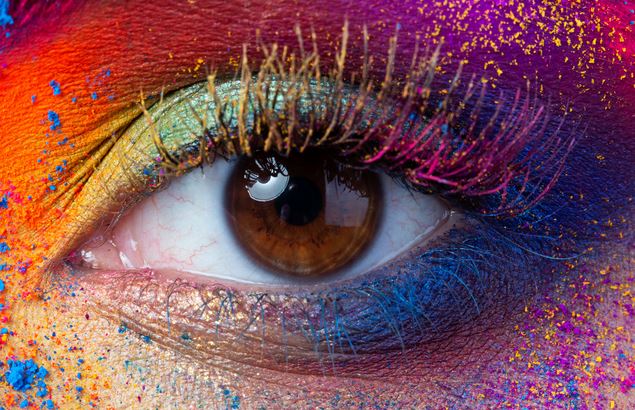 |
| Creating a Bold and Vibrant Makeup Look |
